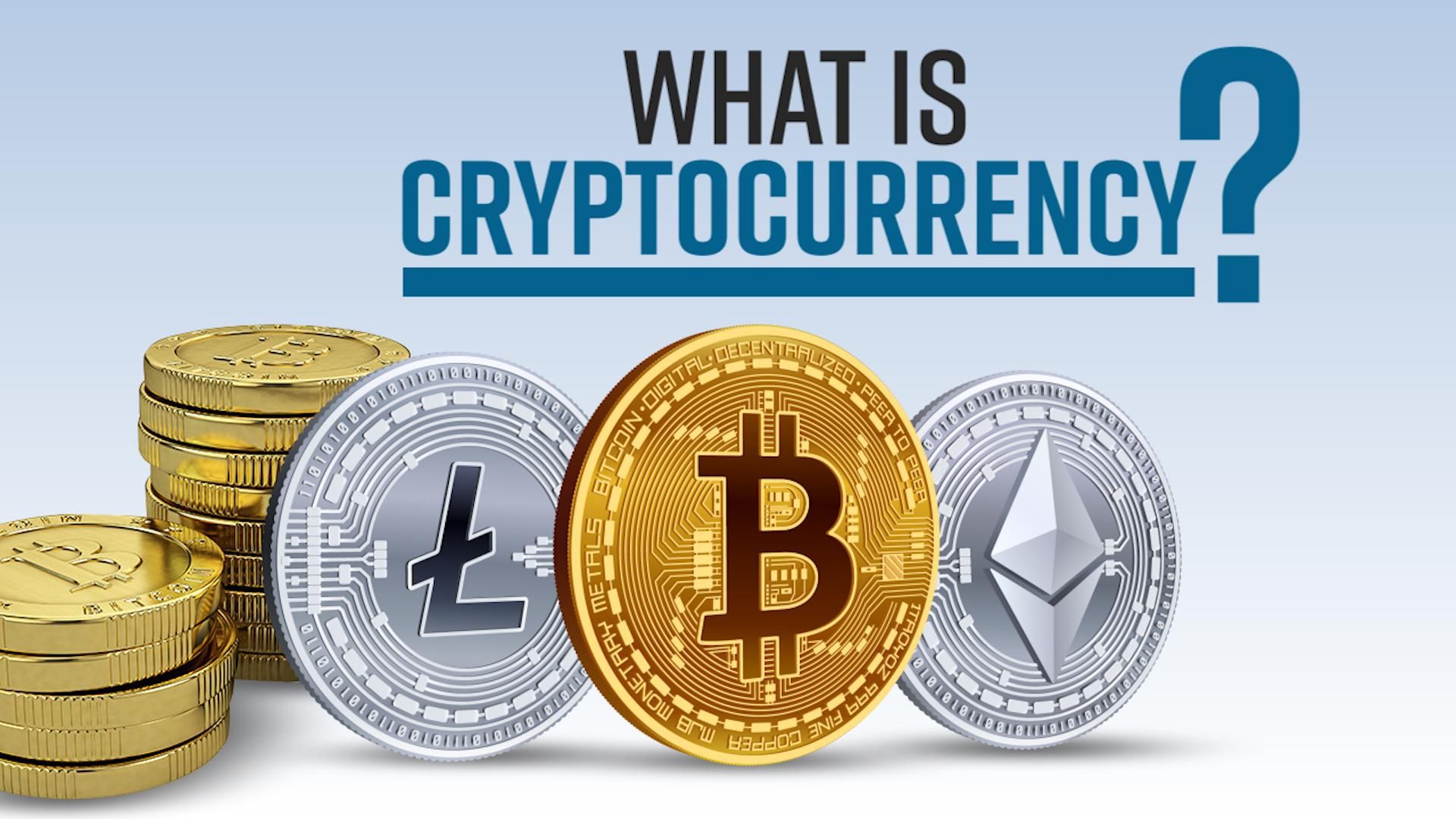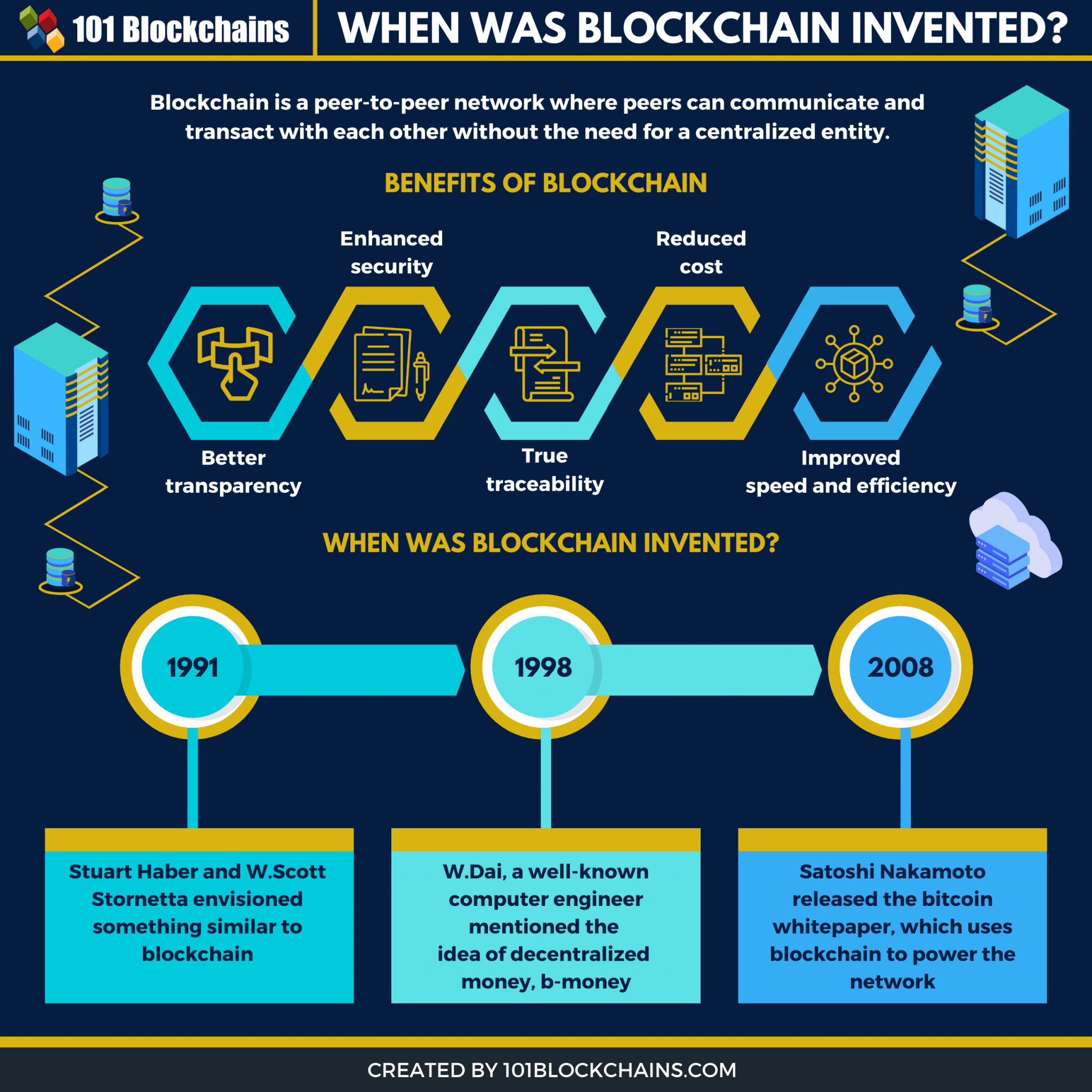cryptocurrency
Cryptocurrency
Cryptocurrency is a digital or virtual asset designed to work as a medium of exchange. It uses cryptography to secure and verify transactions as well as to control the creation of new units of a particular cryptocurrency.
The most well-known cryptocurrency is Bitcoin, which was
created in 2009 and has since become the largest cryptocurrency by market
capitalization. However, there are now thousands of different cryptocurrencies,
each with their own unique features and uses.
Cryptocurrencies operate independently of a central bank and
are decentralized, meaning they are not subject to government interference or
manipulation. This decentralized nature, as well as the use of encryption
techniques to secure transactions, makes cryptocurrencies appealing to many
people who are looking for alternative investments or payment methods.
However, the lack of regulation and government oversight
also makes cryptocurrencies subject to significant price volatility and
potential fraud. As a result, many governments and financial institutions have
been cautious in their approach to cryptocurrencies, and their widespread
adoption as a mainstream form of payment or investment has been slow.
Here is some information about Blockchain
Blockchain is a decentralized digital ledger that records transactions across a network of computers. Each block in the chain contains a list of transactions and a unique code called a "hash." Once a block is added to the chain, the information it contains is considered permanent and cannot be altered or deleted.
The decentralized nature of the blockchain means that it is
not controlled by any single entity, such as a government or a financial
institution. Instead, the network is maintained by a network of computers,
known as "nodes," that validate and add transactions to the
blockchain.
One of the key features of the blockchain is that it is
highly secure. The use of cryptographic algorithms and the decentralized
structure of the network make it virtually impossible for an attacker to alter
or delete the information stored on the blockchain.
The blockchain technology is the foundation for many
cryptocurrencies, such as Bitcoin, but it has a wide range of potential uses
beyond just digital currencies. Some other potential applications of the
blockchain include smart contracts, digital identity management, supply chain
management, and voting systems.
Here are some information about decentralization
Decentralization refers to the distribution of power,
authority, or functions away from a central point or entity. In the context of
technology, decentralization refers to systems that operate independently of a
central authority or governing body.
In a decentralized system, power is distributed across a
network of participants, rather than being held by a single entity. This can
lead to increased resilience and security, as the system is less vulnerable to
single points of failure or attack.
Decentralization is a key characteristic of blockchain
technology, and is one of the reasons why many people find cryptocurrencies so
appealing. By removing the need for intermediaries such as banks or payment
processors, users have more control over their assets and transactions.
Decentralization can also be seen in other areas, such as
peer-to-peer networks, where data and information are shared directly between
users, rather than being stored on centralized servers. In general, the idea
behind decentralization is to create systems that are more secure, transparent,
and democratic.
Here are some information about digital assets
A digital asset is a representation of value in the form of
code, stored on a computer or other electronic device. Digital assets can take
many different forms, including cryptocurrencies, digital collectibles, virtual
real estate, and other forms of digital content.
Digital assets are unique in that they exist solely in the
digital realm and are not tied to a physical asset or commodity. They can be
traded, bought, and sold like traditional assets, but because they exist
entirely in the digital world, they are subject to different rules and
regulations than physical assets.
One of the key advantages of digital assets is that they can
be easily transferred and traded without the need for intermediaries. This can
make transactions faster, cheaper, and more secure, as the assets are not
subject to the same limitations as physical assets.
However, the lack of regulation and government oversight in the digital asset space can also make it more difficult to ensure the security and stability of digital assets. As a result, it is important for investors to be cautious and thoroughly research any digital asset before investing.
Here are some information about crypto mining :-
Cryptocurrency mining is the process of solving complex
mathematical problems in order to validate transactions and create new units of
a particular cryptocurrency. Miners are incentivized to participate in the
network by the reward they receive for solving these problems, which is often
in the form of new units of the cryptocurrency they are mining.
Mining requires a significant amount of computational power,
as the problems that need to be solved are designed to be difficult to solve
but easy to verify. The difficulty of the problems is adjusted over time to
ensure that the rate at which new blocks are added to the blockchain remains
consistent.
Miners typically participate in a network of computers that
work together to validate transactions and add new blocks to the blockchain.
The more computational power a miner contributes to the network, the greater
the chances of solving the mathematical problems and earning rewards.
Cryptocurrency mining is a crucial component of many
blockchain systems, as it helps to ensure the security and stability of the
network. By requiring participants to solve difficult mathematical problems,
the blockchain is protected from malicious actors who might try to alter the
information stored on the blockchain.
However, cryptocurrency mining can also be
resource-intensive, as it requires a large amount of computational power and
energy. This has led to concerns about the environmental impact of
cryptocurrency mining, and some governments have taken steps to regulate or
limit the practice.



Comments
Post a Comment